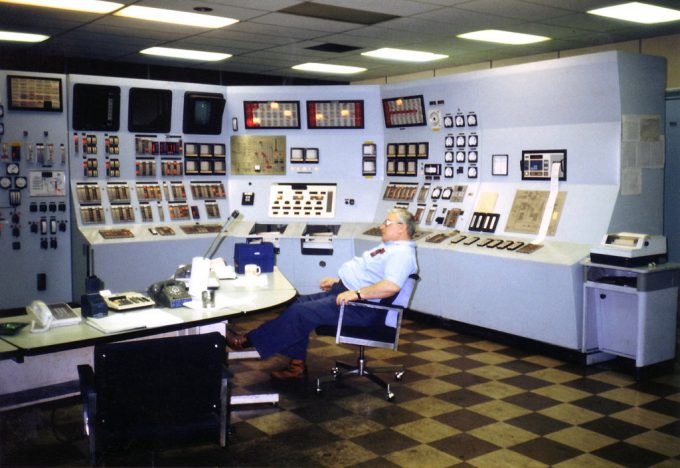Freightos, AI and a case of mistaken identity
The Loadstar has written a fair bit on the ‘hallucinations’ of AI – and why ...

Governments and industry must ensure access to the skills of the future as automation and artificial intelligence reshapes the transport sector, urges a new report.
More than 168 million people work in transport worldwide, with 87% making up the low- (15%) and medium- (72%) skilled workforce.
Jens-Uwe ...

Comment on this article